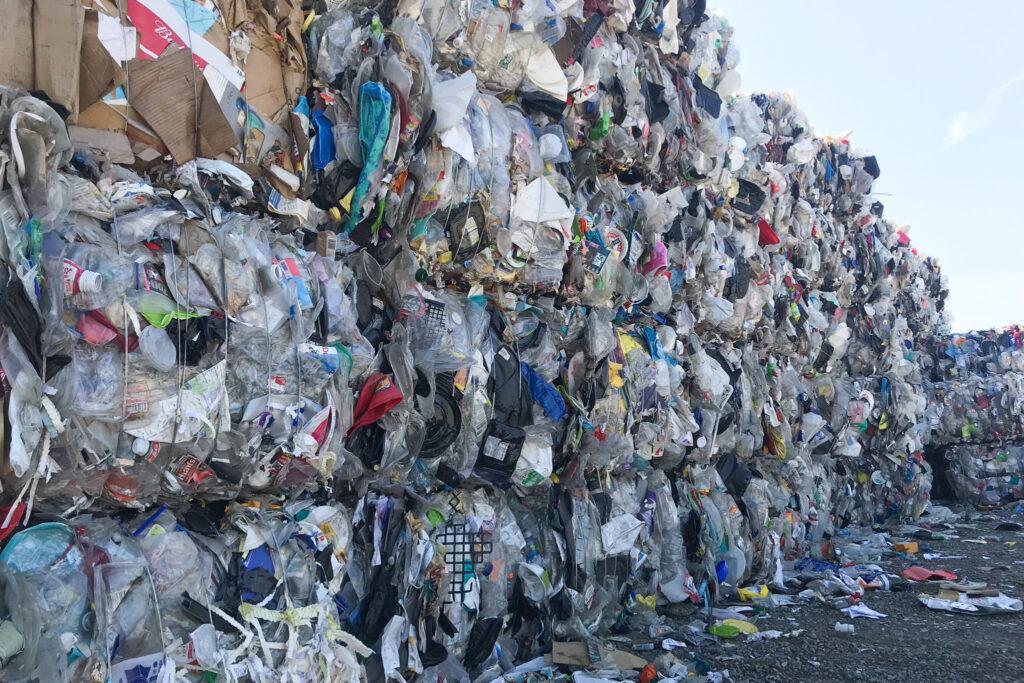Nigeria’s struggle with unemployment has become one of the nation’s most pressing challenges. With millions of young people entering the labour market each year, the economy is under intense pressure to generate sustainable jobs. While the conversation often revolves around oil, agriculture, and technology, one sector with enormous but underexplored potential is recycling. If properly harnessed, recycling could become one of Nigeria’s largest sources of employment while tackling the country’s deepening environmental crisis.
The scale of opportunity is staggering. Nigeria produces over 32 million tonnes of solid waste annually, one of the highest figures in Africa. Plastic bottles, electronic waste, scrap metals, paper, and organic waste litter streets, clog drainage systems, and contribute to devastating flooding in urban centers. What is often seen as a nuisance, however, is also a resource. Every discarded bottle, can, or electronic device carries economic value that can be converted into jobs, income, and cleaner cities.
Across the world, recycling industries are multibillion-dollar employers. Countries like South Africa and Egypt have built structured recycling value chains that employ tens of thousands, from collection to processing to manufacturing. In Nigeria, the informal sector is already showing what is possible. Thousands of waste pickers, often operating without recognition or safety, feed recyclables into small-scale processors who in turn supply manufacturing companies. With government support, this informal model can be formalised, expanded, and scaled up to employ hundreds of thousands more.
The recycling value chain is labour-intensive by nature. Jobs exist at every stage: waste collection, sorting, aggregation, transportation, processing, and conversion into new products. Plastic can be turned into pellets for manufacturing, metals into raw material for industries, and organic waste into compost or bioenergy. Each stage provides opportunities for micro-enterprises and larger firms alike. Beyond direct employment, recycling spurs entrepreneurship in packaging, logistics, and green technology, creating a ripple effect across the economy.
To unlock this potential, Nigeria needs deliberate policies. First, government must integrate recycling into its broader industrial strategy by creating incentives for private sector investment in recycling plants and materials recovery facilities. Second, states and local councils should establish structured collection systems that engage youth cooperatives and community groups as partners. Third, financial institutions must design funding models tailored for small and medium-scale recycling businesses. Equally important is public education: citizens must see waste not as a burden but as wealth.
If properly structured, the recycling industry can absorb thousands of unemployed graduates and artisans while reducing urban poverty. It also aligns with global sustainability goals, helping Nigeria cut carbon emissions and meet international commitments on climate action. For a country battling high unemployment, inflation, and environmental degradation, the recycling industry represents a low-hanging fruit with transformative potential.
Nigeria cannot afford to let this opportunity rot in landfills and clog its streets. With the right mix of policy, investment, and innovation, recycling can evolve from an informal hustle into a formalised sector that generates massive jobs, protects the environment, and strengthens the economy. The future of Nigeria’s green economy lies not in the waste we discard, but in how we choose to transform it.





